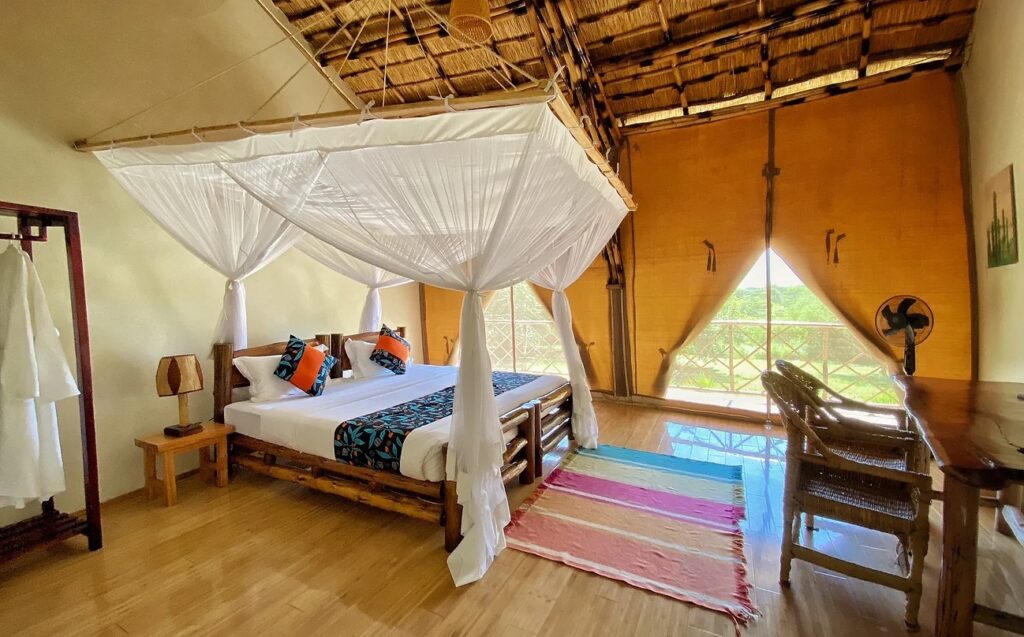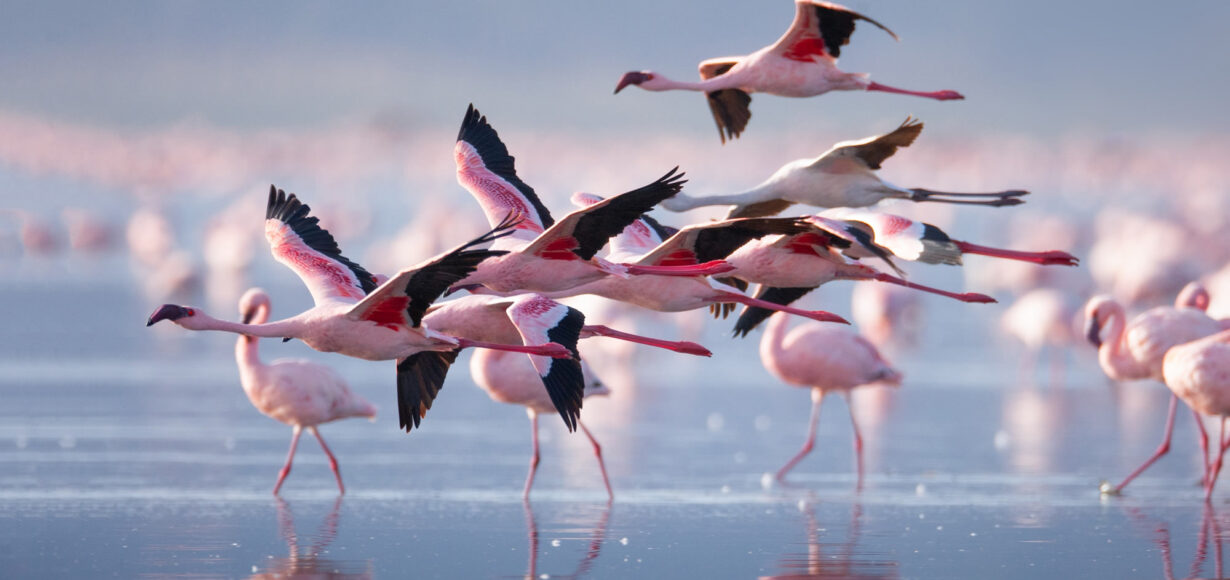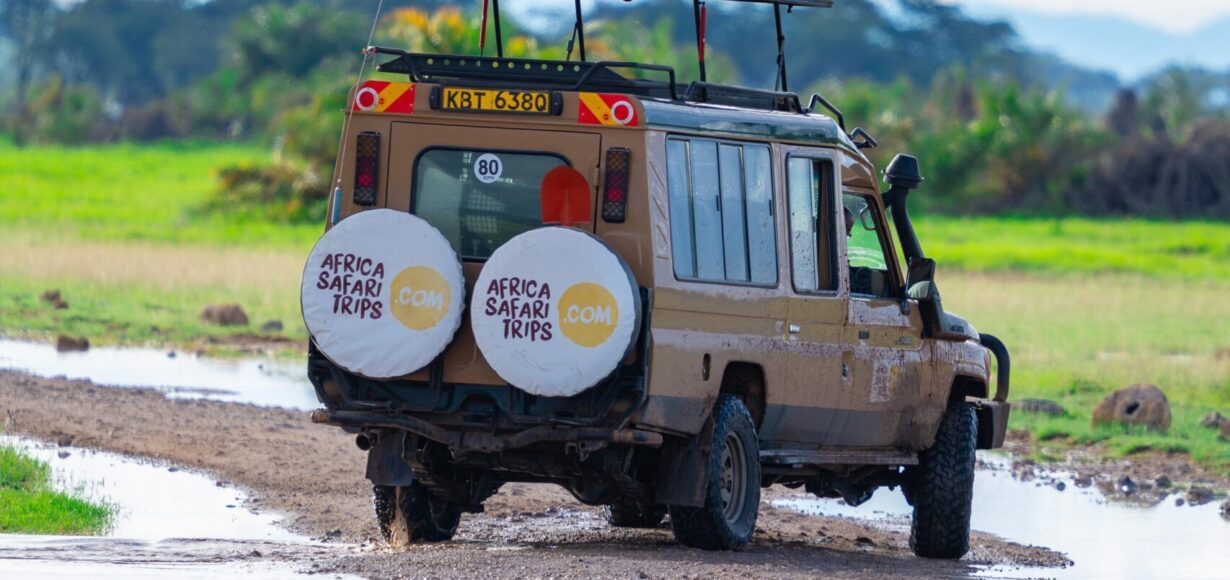Travel advice for Uganda
To many the African continent is still a little bit of a mystery, as they don’t exactly know what to expect when travelling there. If you’re one of them, we can already tell you: no worries! Many African countries are safe to explore and so beautiful that they should be explored! To put your mind at ease, we’ve put together some tips for first-timers as well as experienced travellers. This way we can make sure you step into the plane with a good feeling only looking forward to the beautiful wildlife and views you’re about to see!
Your safety is everything
Uganda is a safe country to visit (yay!). Especially if you want to join organised game drives with private guides, as you will do with us. There are, of course, some places to avoid in big cities like Kampala or Entebbe. But – as with everywhere else in the world – you’ll be fine by taking some precautions. Just some examples to be on the safe side (pun intended): don’t explore the city at night without a driver or guide, keep your valuables close to you, avoid wearing big and visible jewellery and leave some things like passports in the hotel safe.
The essentials
To enter Uganda you need a passport which will still be valid for at least six months after your return. You also need a valid visa, for which you can apply on the official Uganda immigration website. The visa for Uganda is single entry, valid for three months and costs 51.50 USD.
Stay healthy
Uganda is a tropical country and some vaccinations are compulsory to enter. For example the yellow fever vaccination for which a certificate is required from the age of one (also when travelling to or from Kenya or Tanzania over land).
In addition to standard vaccinations such as MMR and Tdap, the Center for Disease Control and the World Health Organisation recommend further vaccinations for Uganda, such as Hepatitis A and Hepatitis B. Rabies, meningitis and typhoid vaccinations are also recommended depending on your activities and the season.
Unfortunately Malaria is present in the whole country. Thankfully there is preventive treatment, which you should make use of. Also, make sure to pack some long-sleeved tops and trousers in case you want to be outdoors at night. All lodges are equipped with mosquito nets to protect you from these little buggers.
And last but not least the most valuable tip: talk to your doctor about any specific precautions you should take.

Excuse me, what time is it?
Uganda is GMT + 3. To put that into terms we all understand without having to calculate too much, simply check the time difference from Uganda to L.A., New York, London and more below.
Los Angeles: -11 hours
New York: -8 hours
London: -3 hours
Berlin: -2 hours
Hong Kong: +5 hours
Tokyo: +6 hours
Sydney: +8 hours
Auckland: +10 hours
Money matters
The local currency is the Ugandan shilling, although dollars and euros are also accepted in most places. One euro is approximately 4,000 Ugandan shillings, whereas one dollar is approximately 3,800 Ugandan shillings.
Words can speak volumes
The official national languages of Uganda are English and Swahili, with English being most popular and most used – mainly because the country was a British protectorate until 1962. This means almost everyone in Uganda speaks English, at least in the capital. In rural areas, English is less spoken though.
Safety First: Don’t Leave Without Travel Insurance
Your Uganda adventure awaits, but before you hit the road, ensure you’re covered with comprehensive travel insurance. At Africa Safari Trips, we prioritize your safety above all else, which is why we strongly advise insuring yourself and your trip with Chapka Travel Insurance.
With Chapka’s tailored coverage and 24/7 medical teleconsultation, you can explore Africa with confidence, knowing you’re protected against any unexpected twists and turns. So, as you prepare for your Uganda trip, remember: Safety First. Don’t Leave Without Travel Insurance, and trust Chapka to have your back every step of the way.
Do you still have questions? Feel free to contact us.



